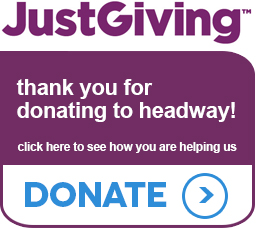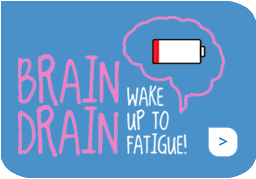ABOUT HEAD/ BRAIN INJURY
Brain/head Injury affects the whole family. The wide range of emotions you can experience when the diagnosis is made can create feelings of confusion, anger and loneliness.
- To whom do I speak about it?
- Where do I turn for advice?
- How do I explain to my friends and family
These are just some of the worries that go through your mind.
This web site does not include medical explanations of the causes or effects of treatments for the different types of brain/head injury. Every brain/head injury is different and each individual is affected in a different way. Your GP and other health professionals will advise you about the exact causes, available treatments and chances of recovery for you or the person you are caring for.
This web site explains about the work of Headway Ayrshire and offers some useful advice about coping with brain/head Injury.
- Causes of Head/Brain Injury
- Common Symptoms of a Head/Brain Injury
- Effects of a Head/Brain Injury
The following are the main causes of brain/head injury
- Aneurysm
- Assault
- Blood clot/bleed
- Brain tumour, Abscess, Meningitis or Encephalitis
- Fall with or without concussion/coma
- Road traffic accident
- Skull fracture, Contusion
- Stroke
- Subarachnoid haemorrhage
The following can be short or long term symptoms following brain/head injury
- Anger & Aggression
- Change of personality
- Depression
- Disturbed sleep pattern
- Lack of insight
- Lack of motivation
- Mood swings
- Poor concentration
- Poor co-ordination
- Poor memory
- Problems with speech
Effects of a Head/Brain Injury
This depends upon the type of injury. People who survive serious brain/head injury need a considerable period of recovery, which can vary from person to person. Such people are commonly left with some permanent deficit in brain function, which may cause physical and or mental disability including personality change. This may vary from severe to very slight. However, modern surgical and nursing skills allied with the skills of rehabilitation therapists such as occupational, speech and physiotherapists can now do a great deal towards helping patients achieve a good recovery. Following brain injury, however, many people experience problems with attention, concentration, memory and behaviour. The frustrations caused by these problems are often intensified by the fact that they appear perfectly healthy.





